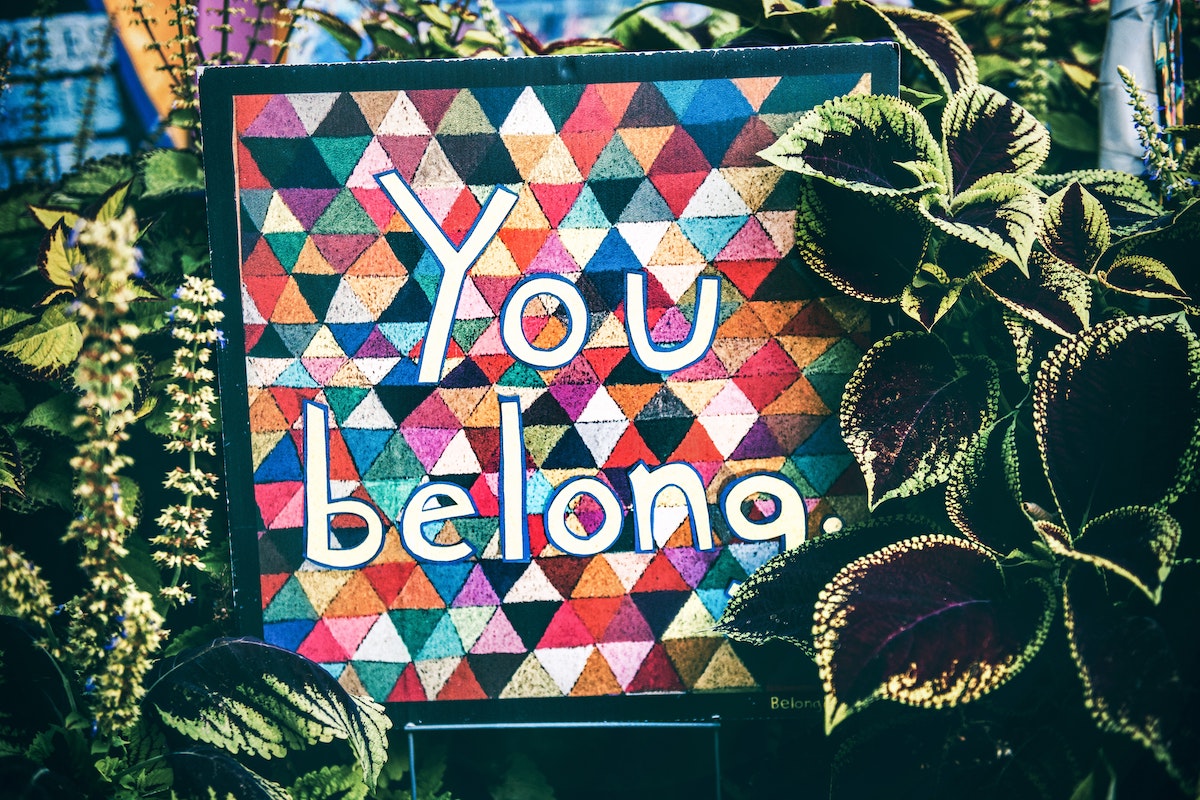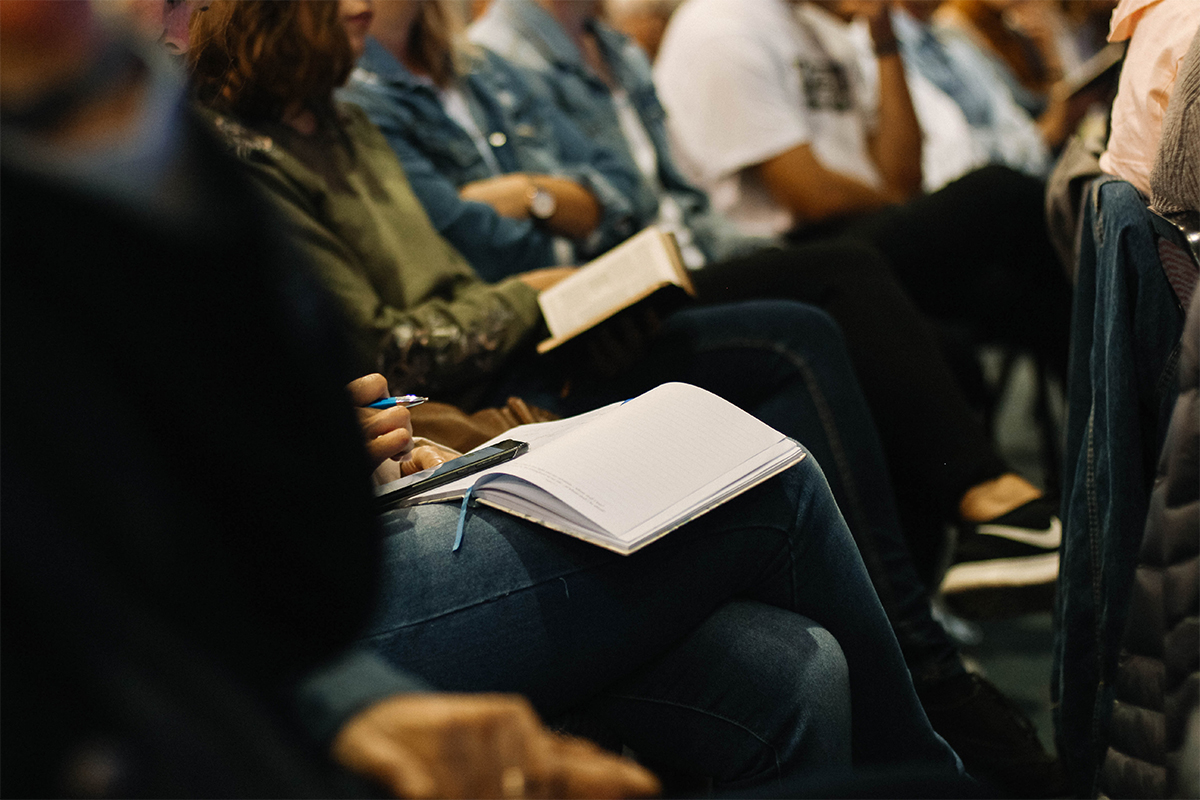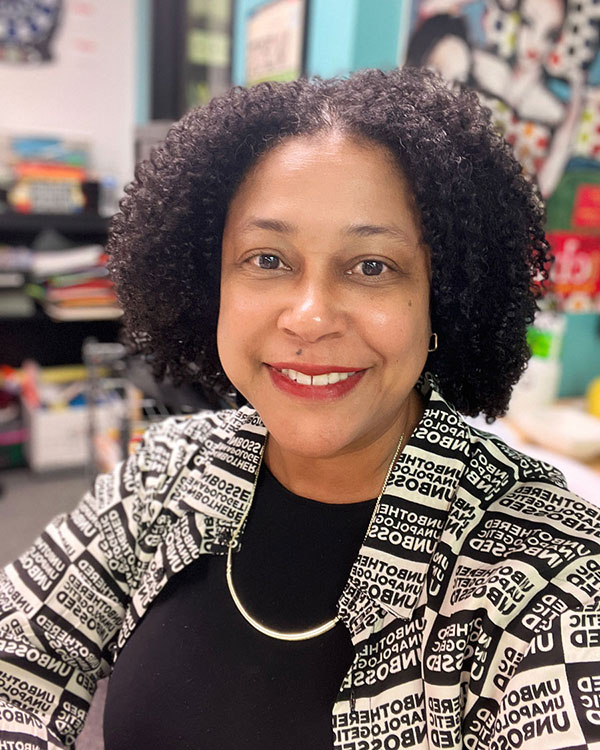Last week I spent four days with media types from all over the country as part of a national journalism conference in Chicago. When I started attending this conference a decade ago, I was often the only Black person in the room with one or two other people of color. I listened then as people complained about the state of the industry, which frankly wasn’t doing so bad considering where we would later end up—due, in no small part, to the lack of real inclusion in media management and throughout the masthead for reporting, editing, generating revenue and more.
That meant that even in cities with large Black and Brown populations, whole sections and millions of people were ignored, except in crime, music or sports stories. Since then, gutted newsrooms, corporate takeovers and shuttered outlets are leaving news deserts that statewide and regional publications like Mississippi Free Press are working daily to correct, starting with our own mastheads and source bases.
Publishers and editors also complained back then they couldn’t find people of color to hire—often on the heels of explaining they hired a Black or Brown person once, but that person left. My response is that you hired a blonde person once, yet it never stopped you from hiring another one. Suffice it to say it was an interesting time.
Last week’s gathering had a different vibe from previous conferences because some good people have done arduous work, leading the organization and the industry forward in a way I didn’t think possible years ago. “Diversity” is an overused word, yet I can’t think of any better word to describe the rooms filled with more Black and Brown folks, more young people, and more people from the LGBTQ+ community.
It was a fairly diverse gathering considering where we started. And everyone seemed to understand that the work is just beginning.

During the conference, I sat down with fellow nonprofit and for-profit publishers, revenue folks and writers from all over, not to mention funders. Certainly, there was some grousing. I don’t think you’re allowed to hold a journalism conference that isn’t at least 10% curmudgeon, yet there was also a great deal of hope. We all talked about what was going right and how we could work together to do more of it.
People are creating new journalism coalitions and mutually respectful partnerships that help expand coverage, much like our work with the Jackson Advocate, Mississippi’s oldest Black newspaper and our partner on the Black Women and COVID project, where we are teaching and sharing back and forth in ways that will improve the state’s journalism ecosystem. Healthy collaborations come without the old toxically competitive power dynamics of who is “first” and the “only” that actively work to shut real inclusion, including serious thought and critique, out of the room.
Young people are dribbling back into the industry because they understand that good journalism is a pillar of democratic health—and because many in the industry are beginning to understand that diversity, equity and inclusion is about more than checking a box or window-dressing. Shout out to our deputy editors Azia Wiggins and Nate Schumann for holding it down for the young editors. And to Azia especially for her continual outreach to increase the voices now routinely heard in Mississippi through the MFP Voices section she edits and develops. And pitch her your opinion piece at azia@mississippifreepress.org; the MFP never charges for submitted pieces, of course.
Plus, badass women from all over the nation are running the hell out of our newsrooms and inviting folks to join us for their second career, as we’ve seen with educator and now award-winning journalist Torsheta Jackson, to name just one. If you’re willing to work at it, we’ll help train you to do top-level journalism and opinion writing. That is a major way to increase real inclusion in journalism, by the way.
Times are tough, but we’re tougher, and I left this gathering knowing that good media outlets are doing hard work that wasn’t possible just a few years ago, thanks to our dedicated team members and supporters like you who give and do what you can to keep us on the right side of history.
Keep doing the work. We will, too.
This MFP Voices essay does not necessarily represent the views of the Mississippi Free Press, its staff or board members. To submit an essay for the MFP Voices section, send up to 1,200 words and sources fact-checking the included information to azia@mississippifreepress.org. We welcome a wide variety of viewpoints.






